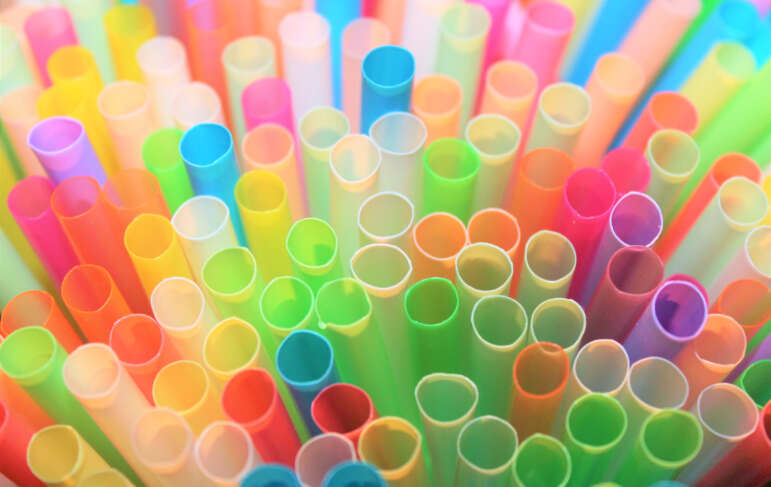PFAS Chemicals Found in Paper Straws
A new study has found that paper straws are not as good for the environment as previously thought. The study, which was released in the journal Food Additives and Contaminants, found that there are PFAS chemicals in both paper and bamboo straws. There were 39 brands of straws made from substances like paper, bamboo, plastic, and stainless steel in shops, restaurants, and supermarkets that were tested from around the country. Almost all the straws had PFAS chemicals in them, which are used to make products water resistant. There was a total of 39 types tested with 27 containing the chemicals. All stainless-steel straws did not contain harmful chemicals. Eighteen out of 20 paper straws had PFAS chemicals, four out of five bamboo straws had the chemicals, three out of four plastic straws, and two out of five glass straws had the chemicals.
There were 18 different PFAS chemicals detected in low concentrations. The most common chemical was perfluorooctanoic acid (PFOA), which was banned globally in 2020. This shows that products sold as “eco-friendly” alternatives are not always a safer or better alternative. They can lead to PFAS exposure in humans and the environment through processes like degradation in a landfill or through incomplete incineration. Some of the PFAS chemicals were water soluble, which means when people use the straws to drink, they can bleed from the straw into the drink, leading to exposure.
Companies could be intentionally putting PFAS chemicals on the straws, but another option could be contaminated soil, or material recycling. Other studies could be helpful in determining the primary source of contamination as well as their impact on human health through normal straw use. The straws do not pose an immediate risk to people due to the low concentration of the chemicals and the limited amount that people use straws. The chemicals can build up over time though, so they could be a problem down the line. Despite these findings, plant straws are still better for the environment than their plastic counterparts. Stainless steel straws are recommended by researchers because they are reusable and are PFAS-free.
PFAS stands for per- and polyfluoroalkyl substances. They are widely used and take a long time to break down in bodies and the environment. Over time, they can accumulate inside the body. They are already found in the blood of people and animals around the world and can be found in soil, water, and in low levels in food, packaging, and household products. These chemicals can cause reproductive effects, developmental delays in children, increased risk of certain cancers, reduced ability for the body to fight infection, interference with hormones, and increased cholesterol levels and risk of obesity. PFAS chemicals are found in stain- and water-resistant fabrics and carpeting, cleaning products, paints, fire-fighting foams, cookware, food packaging, and food processing equipment.
Were you exposed to a toxic substance and later diagnosed with cancer? Contact us today by calling 412-471-3980 or by filling out our contact form to see if you could be entitled to compensation.




